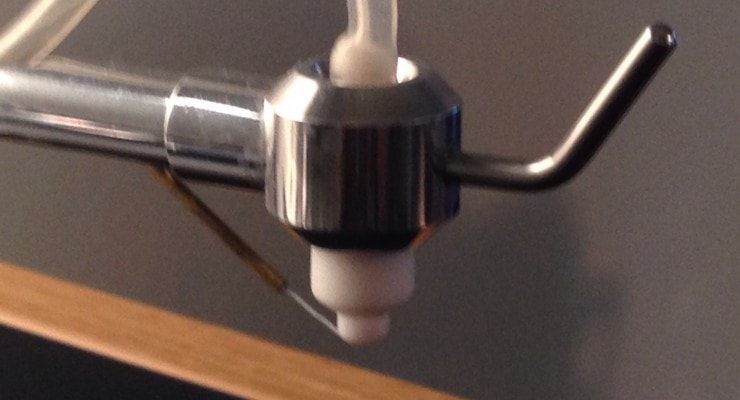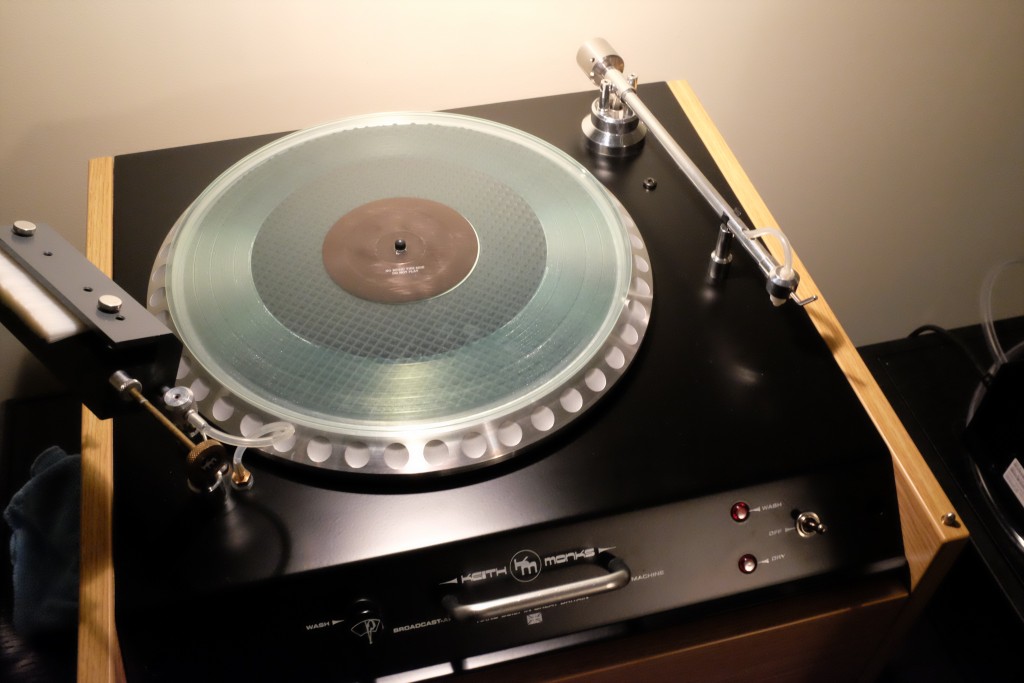I am just getting into vinyl, and inheriting records, buying some used and most recently a few new.
I have only a few hundred records so far, but I have invested in cleaning supplies.
Specifically, I have various pre-set solutions (groovewasher, Tergikleen, distilled water, simple green), a goat hair brush, micro fiber cloths, a baby scalp scrubber and a DeGritter machine (extravagant at this stage, but a huge time saver).
Here is my regime at this point. For any new record, whether inherited or bought, used or new, I wipe it with a dry cloth or the goat hair brush to remove any initial dust. Then I cover the label and spray some solution on it and use the baby scrubber to distribute the liquid around to cover the surface. Then I use a padded microfiber to wipe it off. Then I Degrit.
Btw, I tried WD-40 once, which does work to remove crackles, but subsequent cleanings cause those crackles to come right back, which to me indicates that WD-40 is leaving a residue on the record which I suspect is not helpful in the long run.
Likewise, the goat hair brush is so far disappointing as it seems to shed hair on the record which somewhat defeats its purpose.
Interested in other people's processes and I have a question. I have some older records that have persistent crackles. Will cleaning ultimately make those go away or do I just need to get over it?
I have ordered a record label protector that will allow me to wash in the sink with soap and water in the hopes of getting the ultimate clean.
Any thoughts from the analog folks here would be great.



